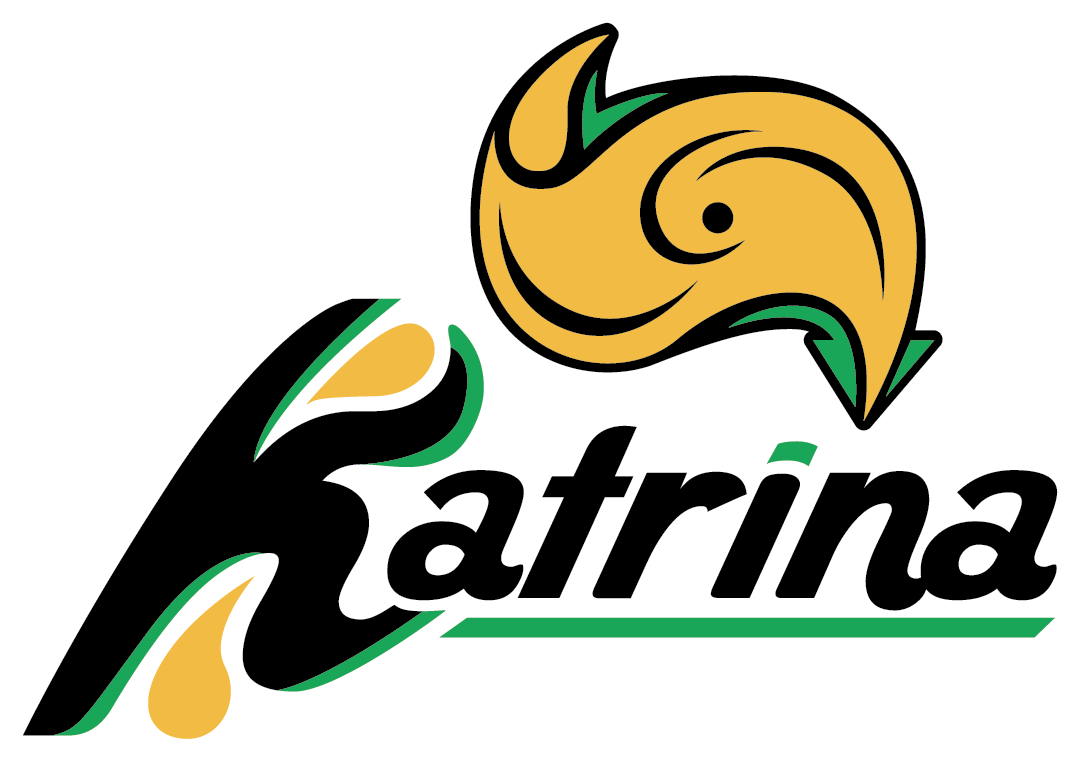The Katrina Blog
Showing 19 to 36 of 52 articles-
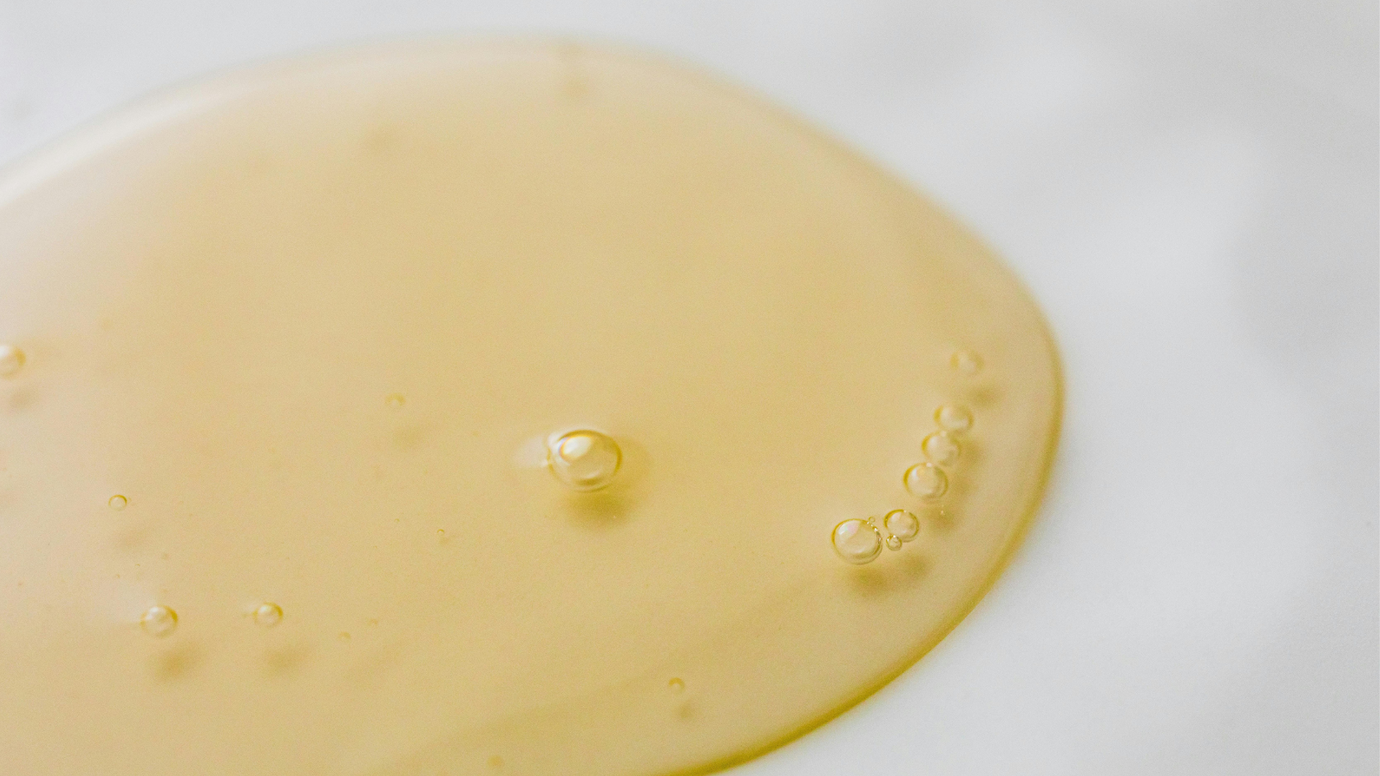
How to (Properly) Dispose of Cooking Oil
Safe Ways to Dispose of Cooking Oil: Reuse the Oil • Let It Solidify • Mix with Absorbent Materials • Recycling Programs • Use Professional Disposal Services -

Can Canola Oil Go Bad?
Yes, canola oil can spoil or turn rancid. Unopened canola oil lasts up to 2 years when stored properly, while an opened bottle lasts 6 to 12 months. -
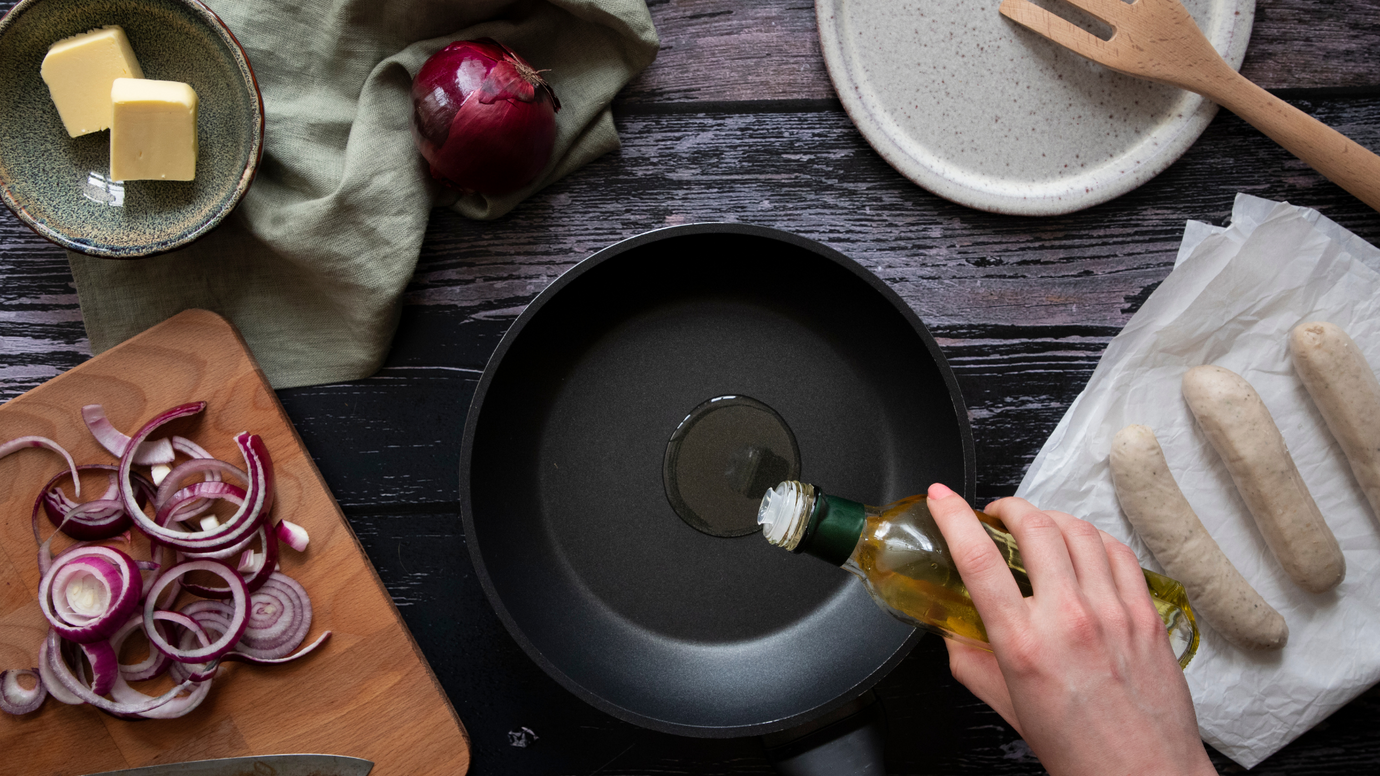
Which Cooking Oils are Non-GMO?
Healthy Non-GMO Cooking Oils: Olive Oil • Avocado Oil • Coconut Oil • Sunflower Oil • Sesame Oil -

A Complete Guide to Navigating Customer's Dietary Restrictions as a Restaurant Owner
Learn how restaurant owners can navigate customer dietary restrictions, ensuring safety, satisfaction, and trust through training, clear communication, and proactive strategies. -

Virgin and Extra Virgin Olive Oil: What's the Difference?
Extra virgin olive oil is the highest grade of olive oil, with stronger taste and more antioxidants compared to virgin olive oil. -
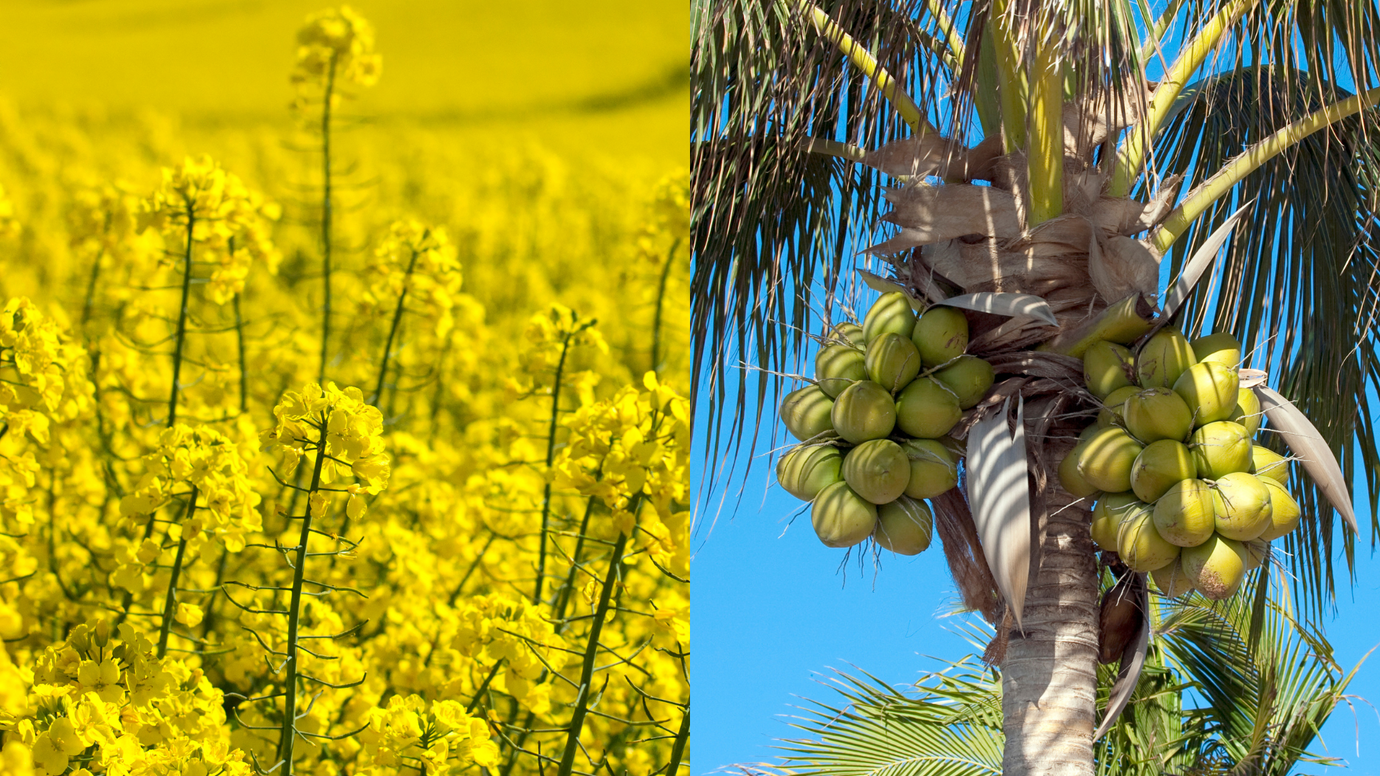
Coconut Oil vs Canola Oil: Comparison & Substitutions
Compare coconut oil vs canola oil for cooking and baking. Find out which oil is best suited for your culinary needs on our blog. -
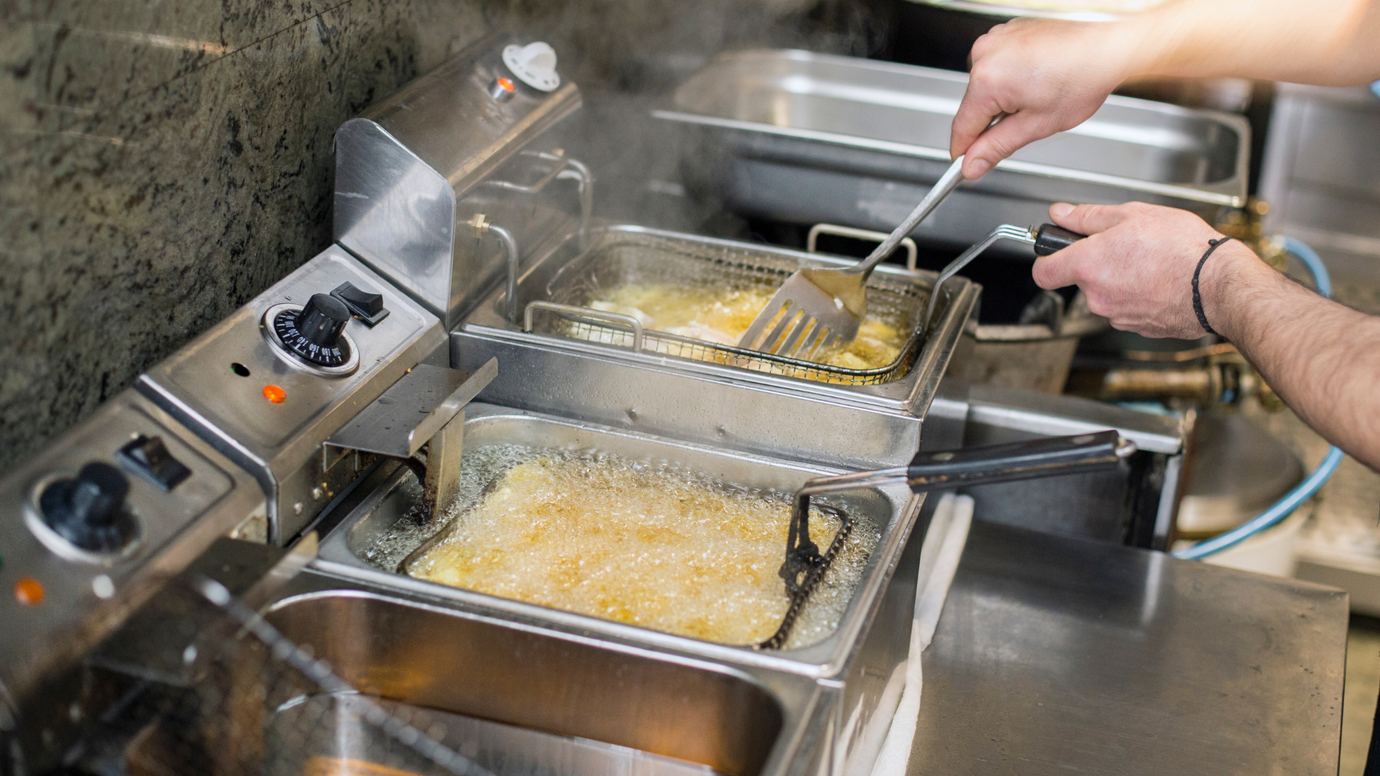
When to Change Frying Oil - Food Safety Tips
Learn how to extend the lifespan of your oil, recognize signs of spoilage, and find proper disposal methods for used oil. Keep your fried foods delicious and safe with these expert guidelines! -

Cooking Oil Smoke Point Chart: What's Best for High Heat?
In this guide, we'll walk you through the importance of smoke points and how to choose the best oils for your cooking methods, ensuring both safety and culinary excellence. -

Frozen Vegetable Oils: What To Do When Oil Freezes
The temperature at which cooking oil freezes depends on its fat content. To thaw frozen oil, place the container in a warm area or let it sit at room temperature. -
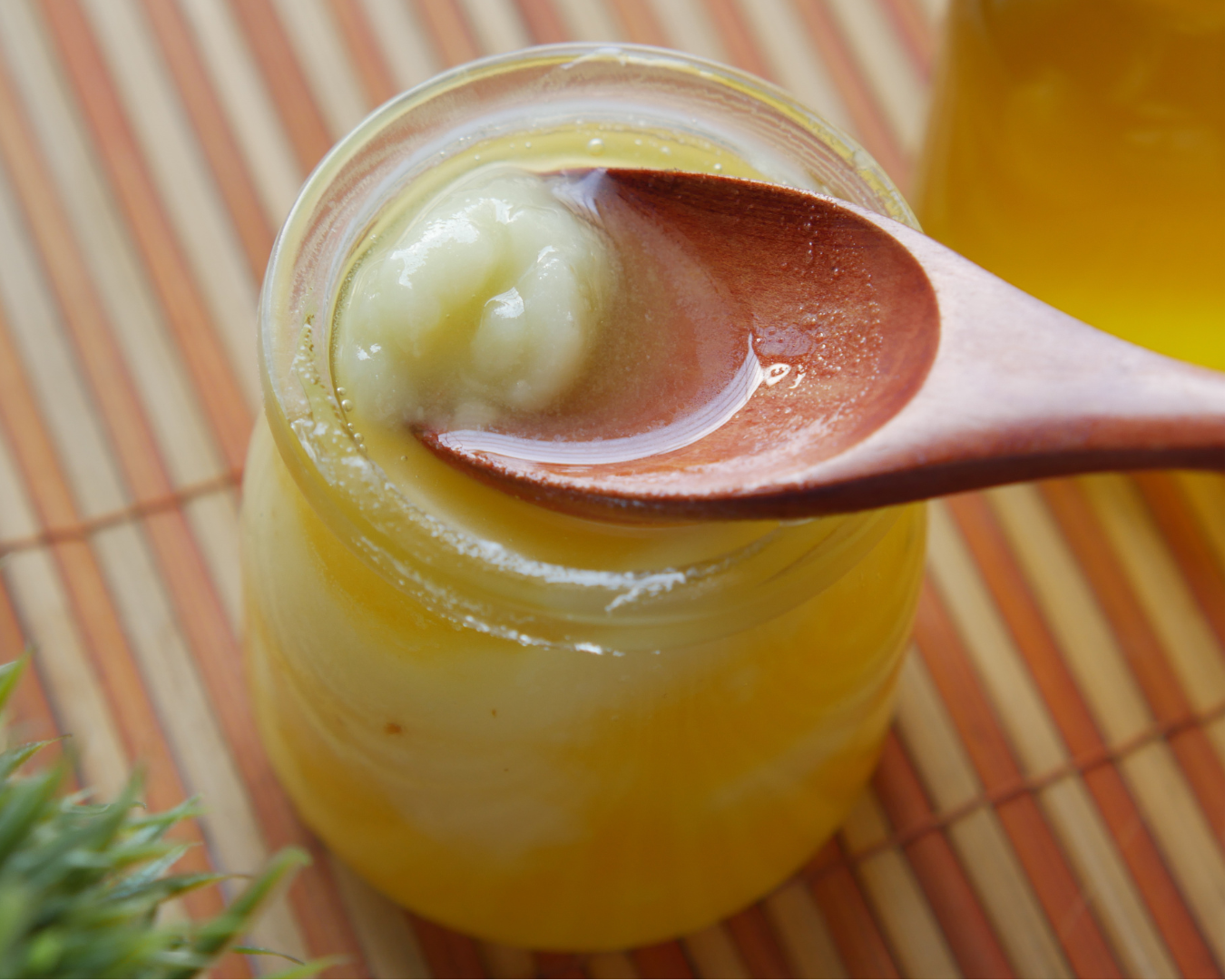
Cloudy Olive Oil: Why It Happens & What To Do
It's normal for olive oil to be cloudy due to natural sediments or cold temperatures. Cloudy olive oil will usually clear up after bringing it back to room temp. -
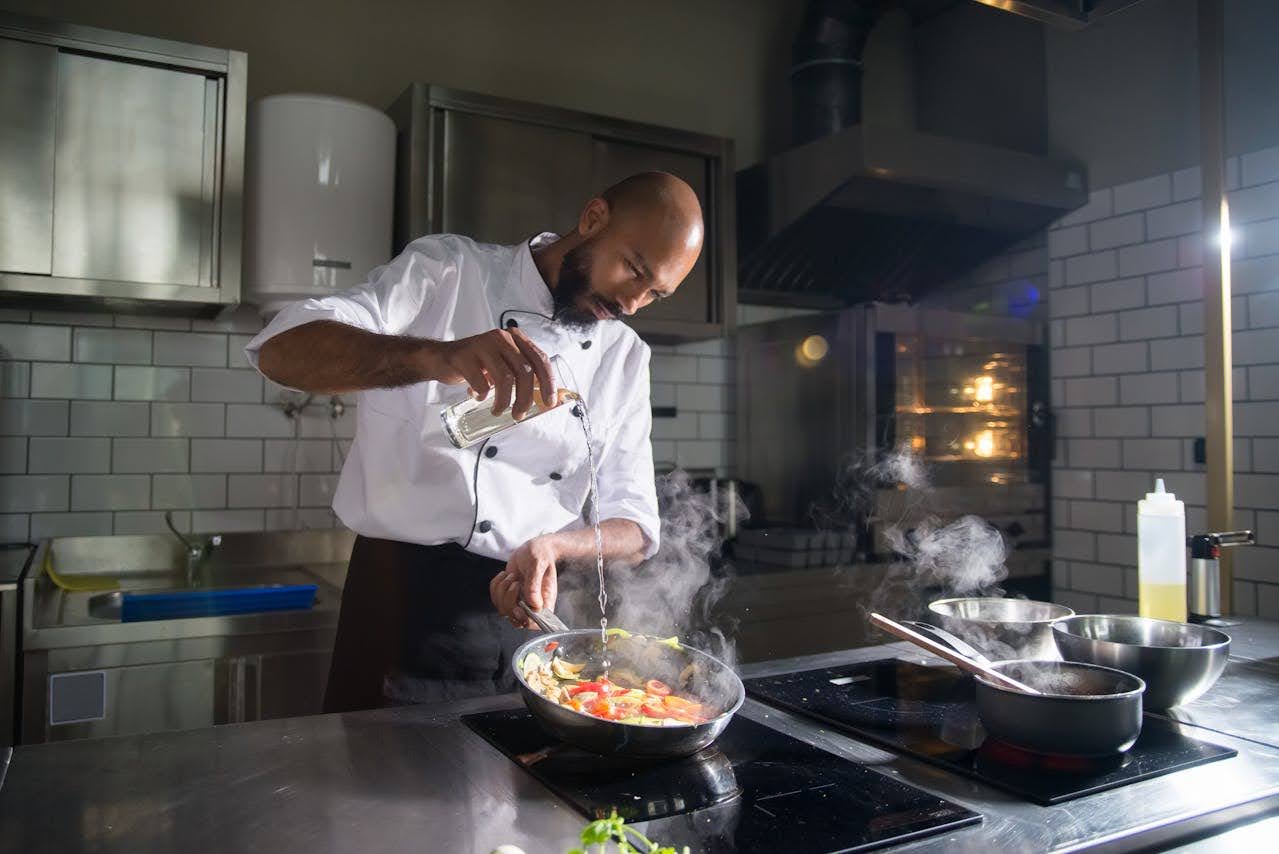
Your Guide to Storing Cooking Oil in Bulk
It’s best to store bulk oil containers in a cool, dark place away from heat. Exposure to light, heat, and air leads to faster degradation of cooking oil quality. -
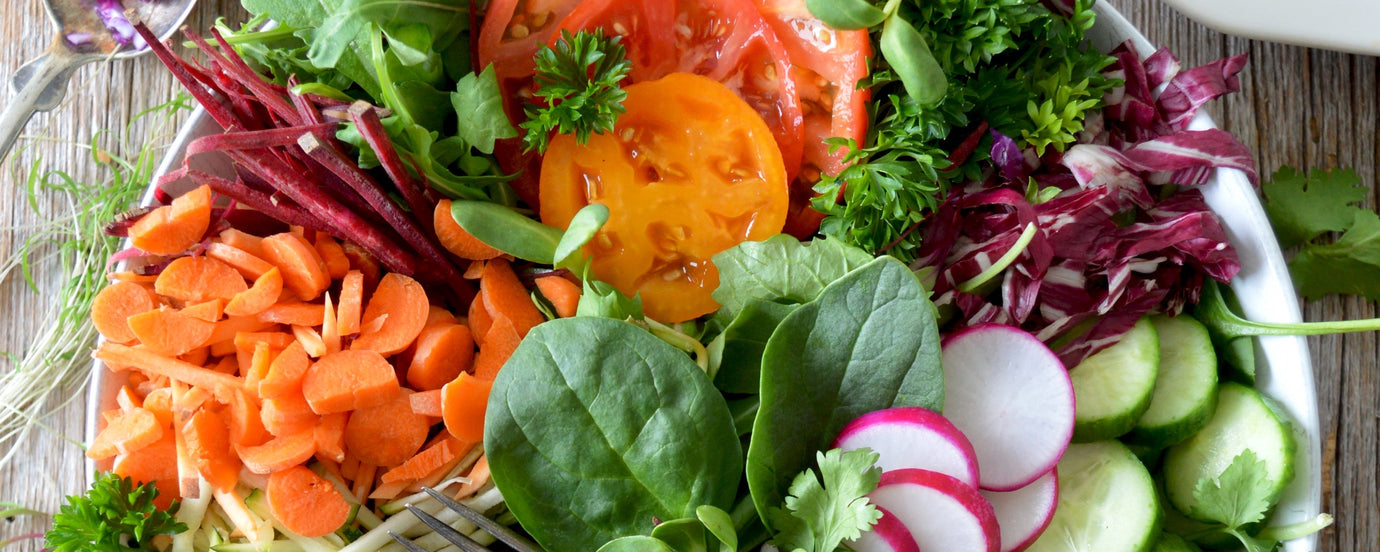
Organic Canola Oil: Health Benefits and Facts
Organic canola oil is made using natural, chemical-free methods throughout the production process, retaining more health benefits and flavour than regular canola oil.
-
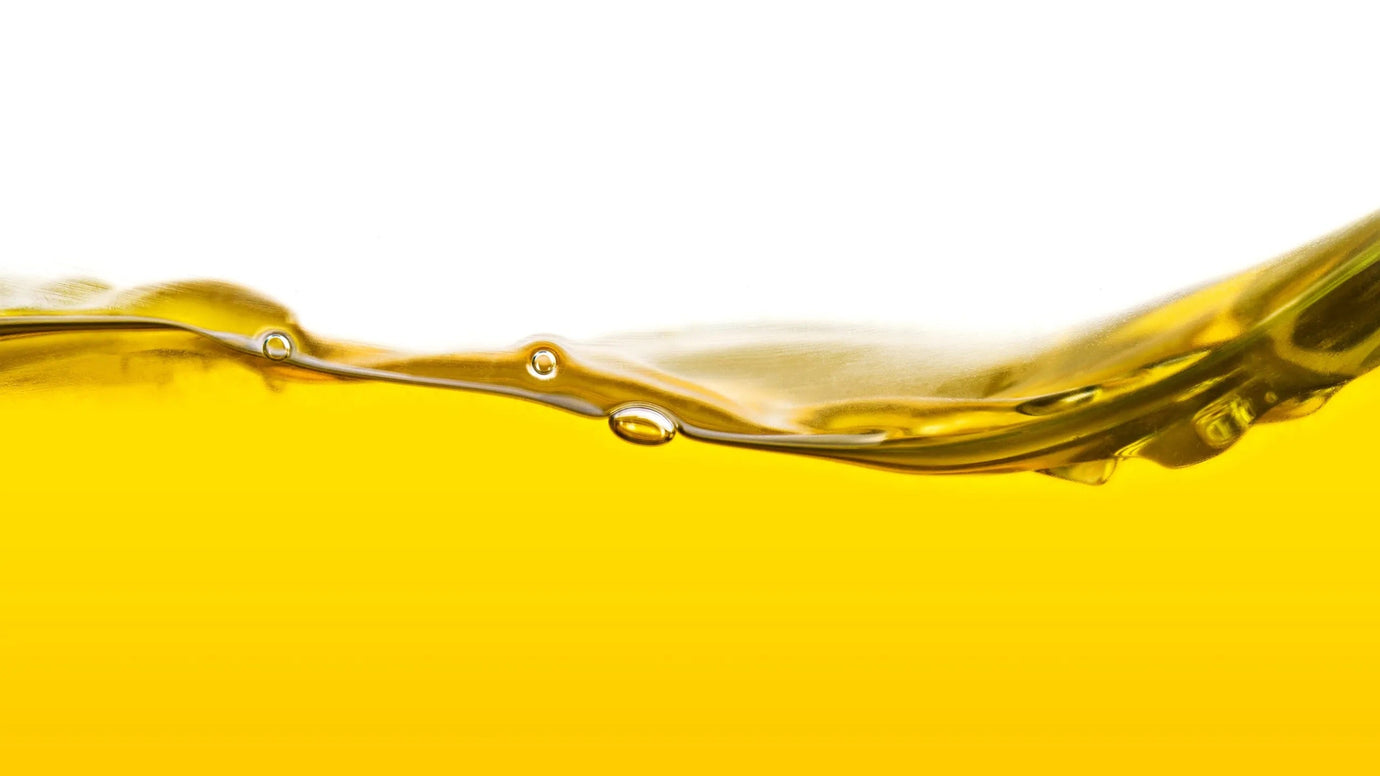
What is Canola Oil? Everything You Need to Know
In this comprehensive guide, we'll delve into all things canola oil, from its origins and production process to its versatile uses and numerous benefits. -
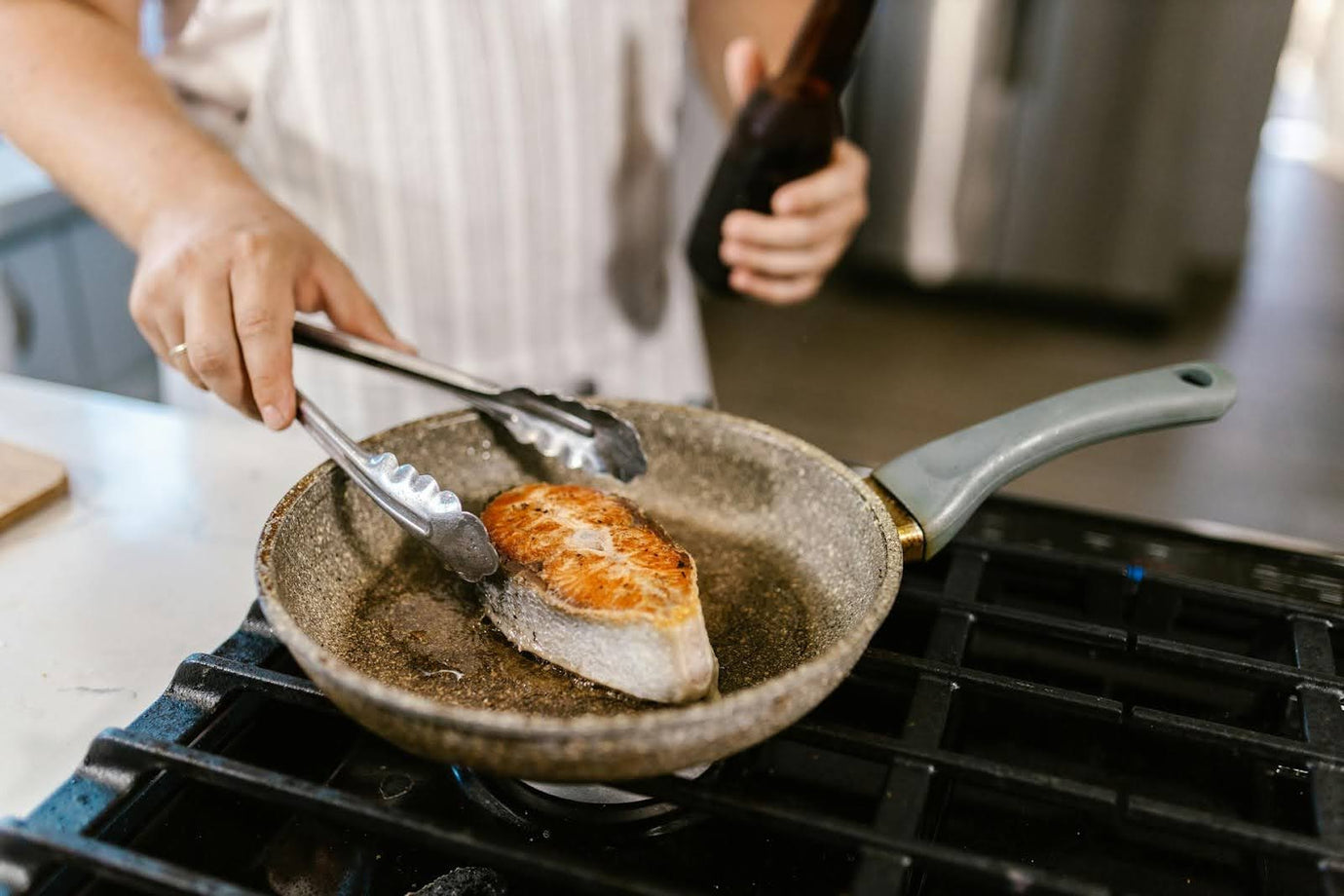
Is Sunflower Oil Good for Frying?
Sunflower oil is a good choice for frying, deep-frying, and sautéing because of its high smoke point, stability under high heat, and many health benefits. -
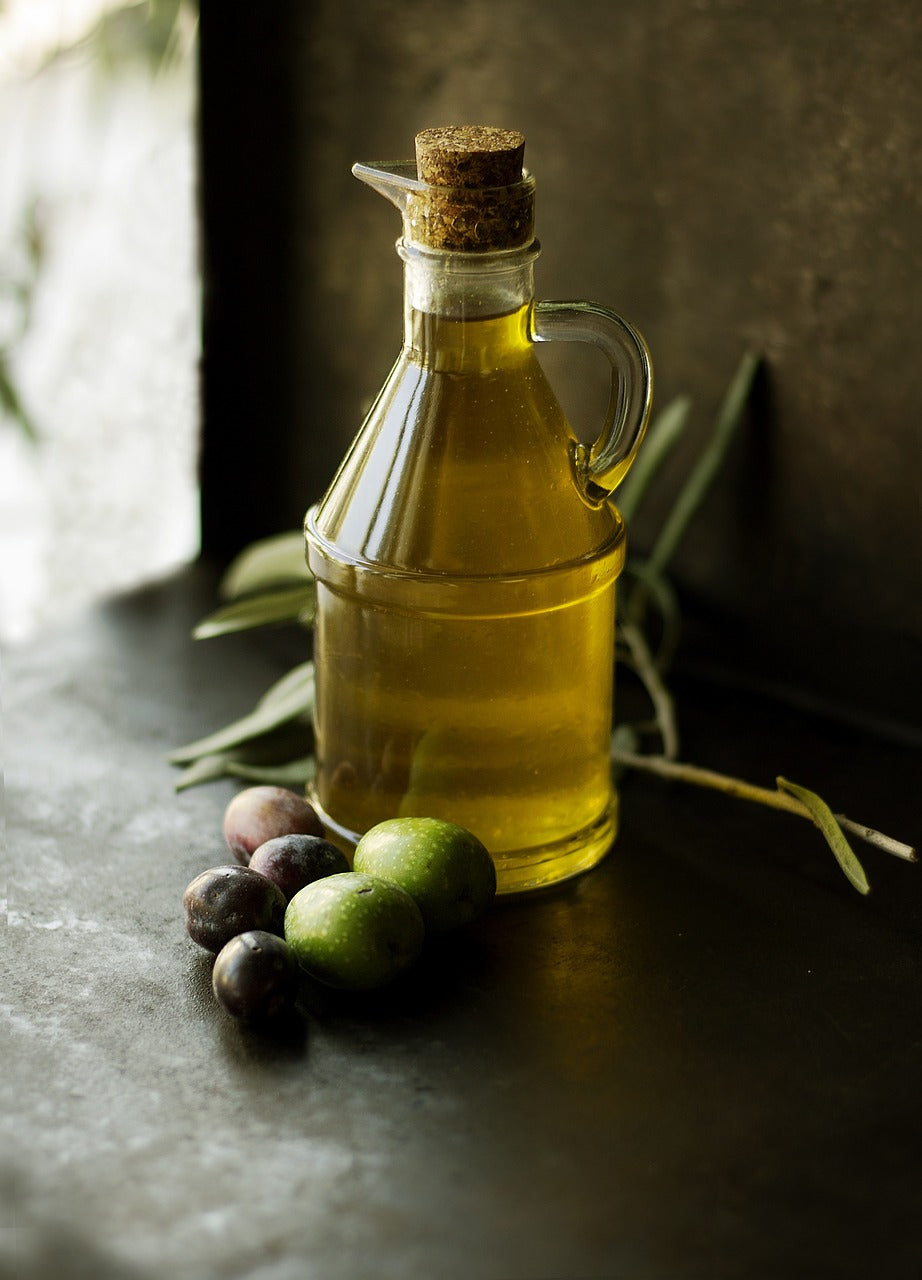
Expeller-Pressed vs Cold-Pressed Oils
Cold-pressed oils retain more flavour and health benefits than expeller-pressed oils because they use less heat throughout the extraction process. -
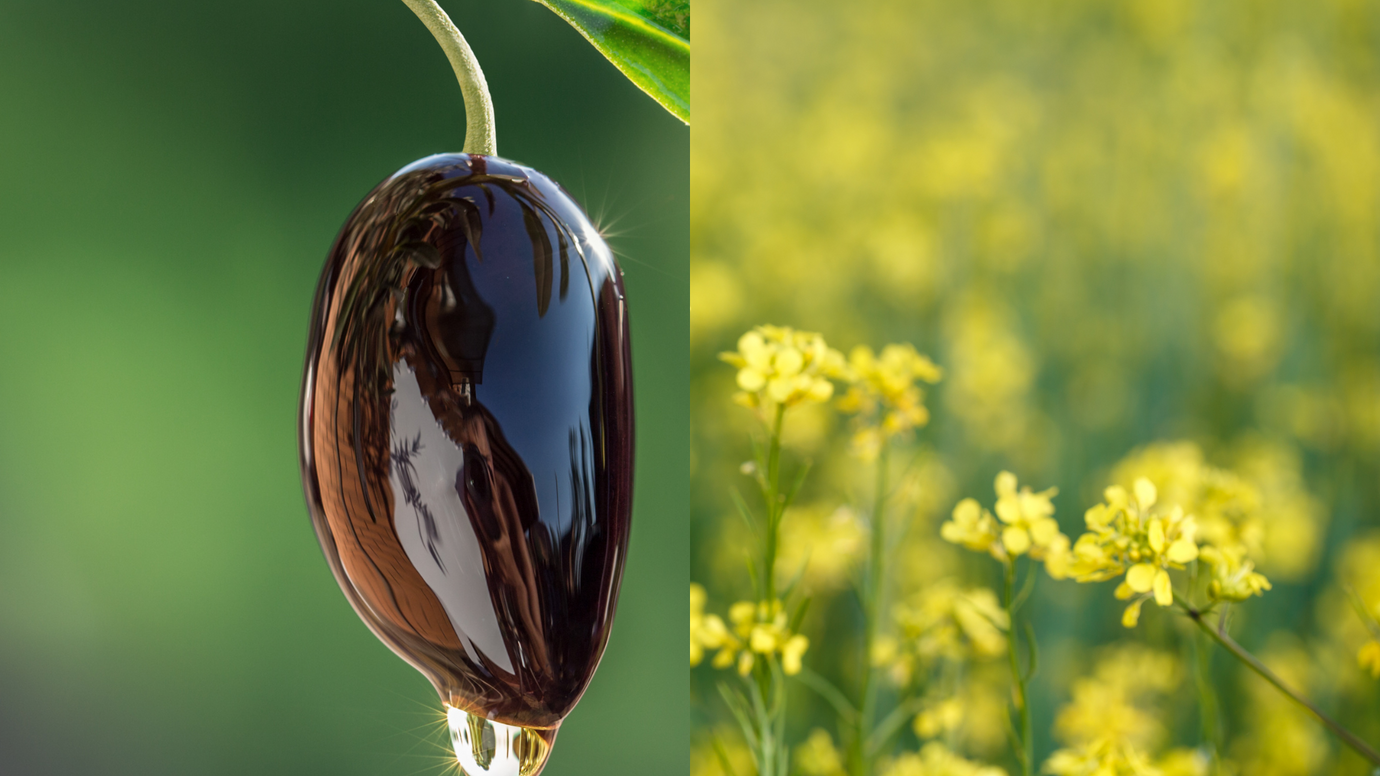
Canola Oil vs. Olive Oil: Which One's Better?
In this blog post, we'll explore the differences between canola and olive oil in terms of health benefits, flavours, and smoke points, so you’ll know what to use for your next recipe or project. -
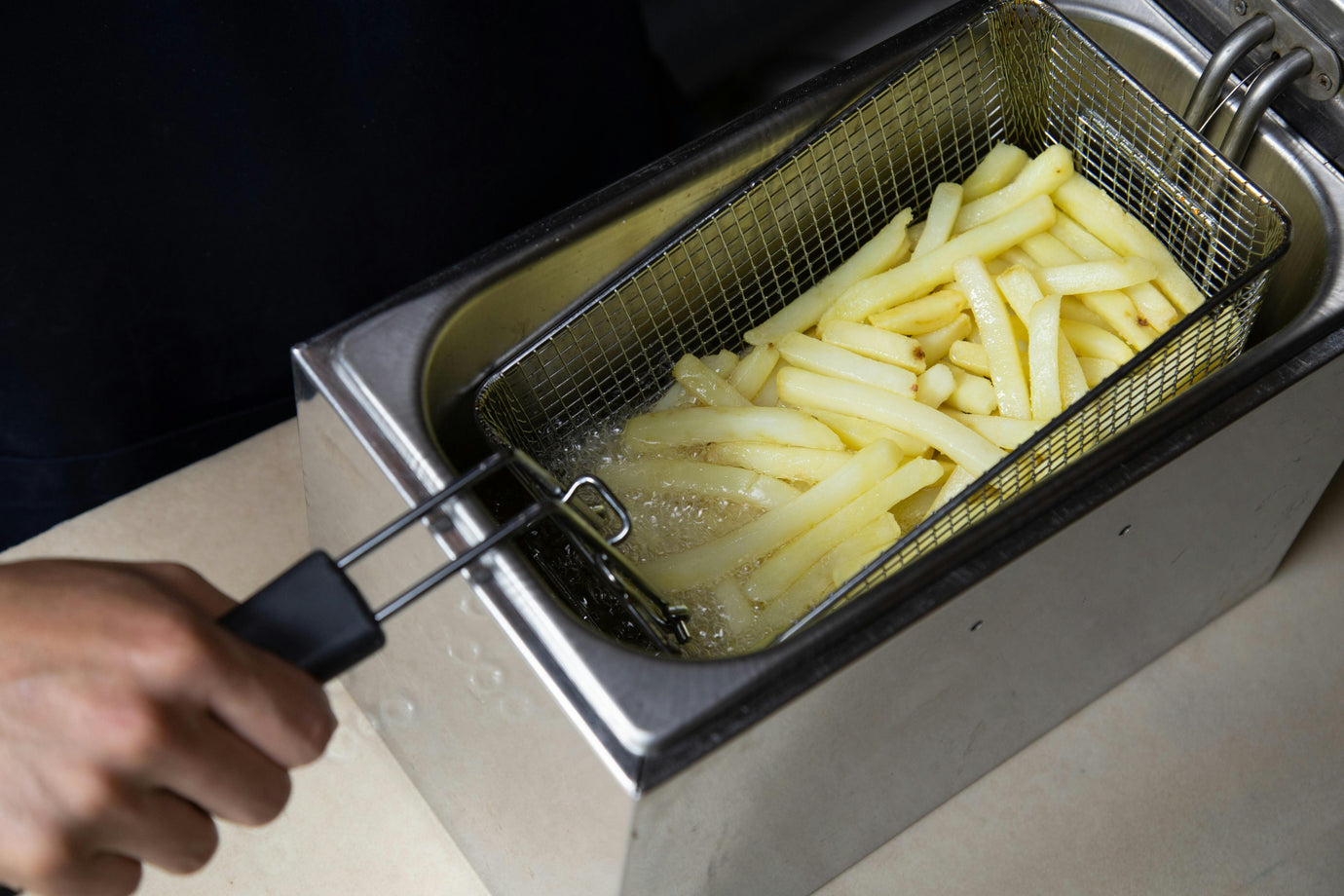
Can you use Extra Virgin Olive Oil for Deep Frying?
Yes, you can deep fry with extra virgin olive oil. It retains nutritional value and stays stable in high heat, making it a safe and healthy choice for deep frying. -
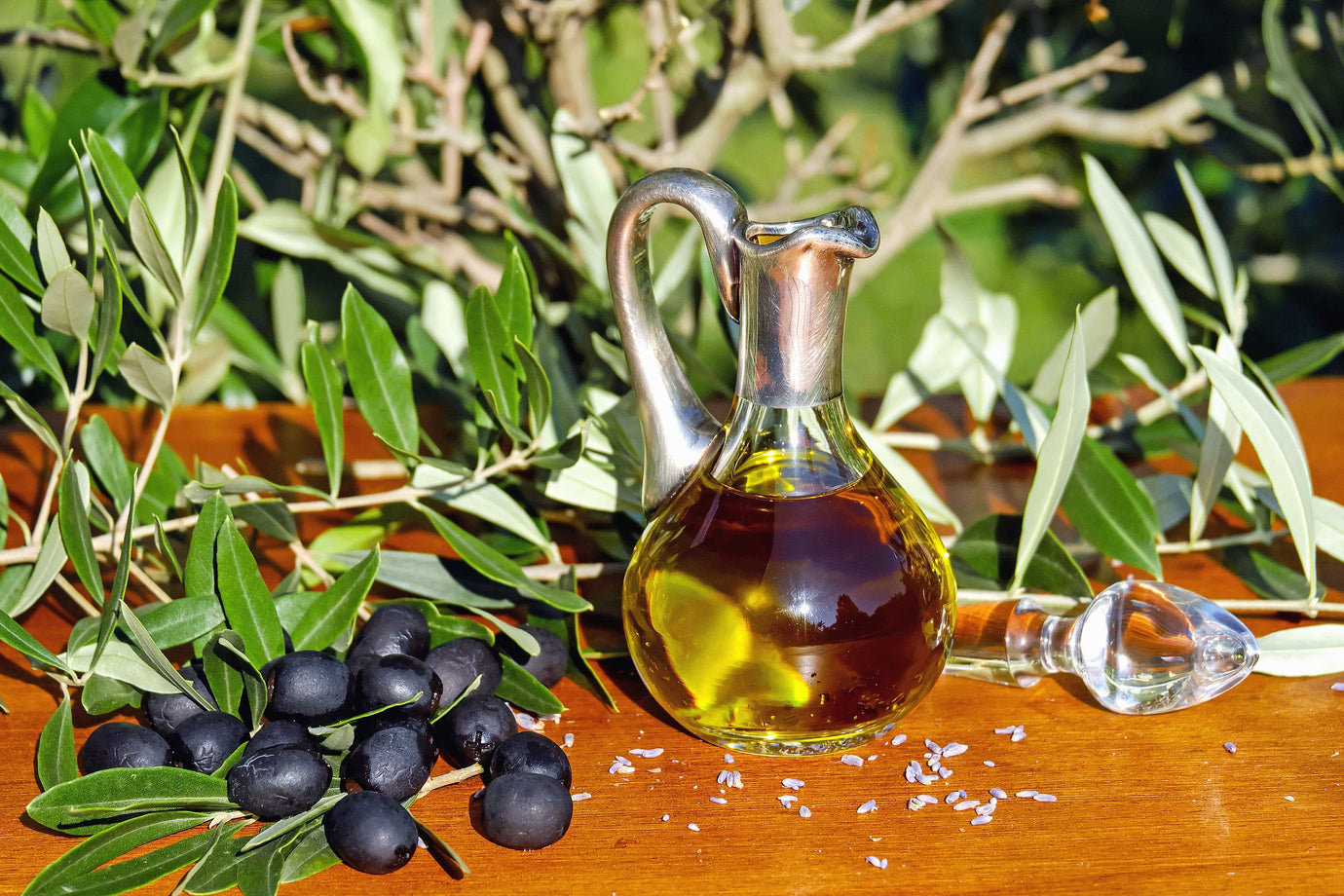
How Is Olive Oil Made? (Traditional and Modern Methods)
Olive oil is made by crushing olives into a paste, mixing it so that oil droplets combine, then pressing or spinning it to separate the oil from pulp and water.



















